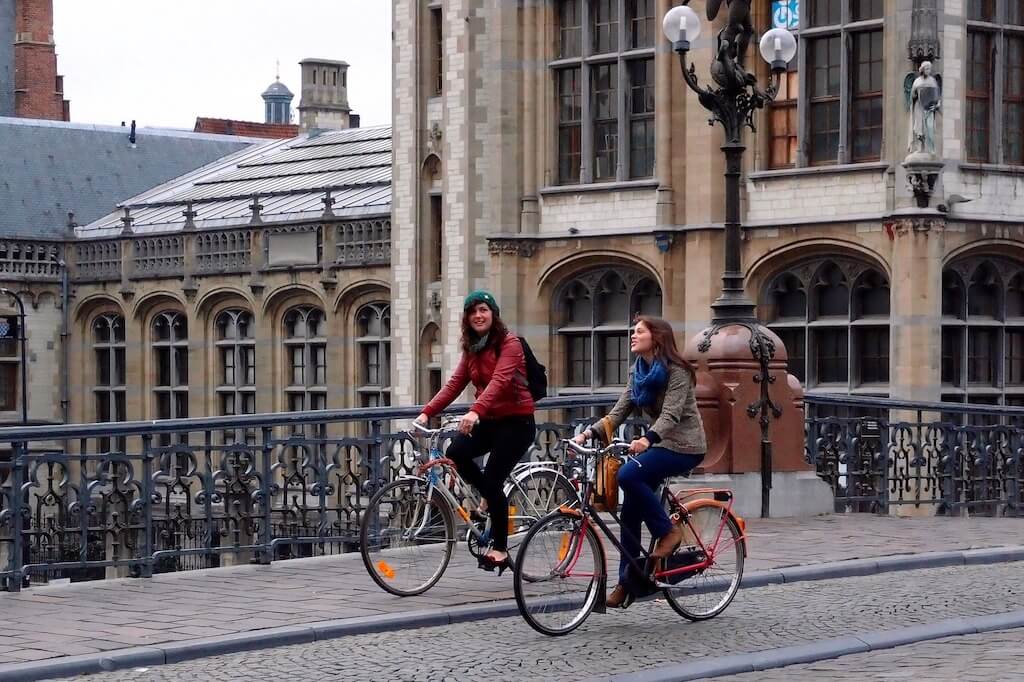Autumn Gear Guide
Find inspiration in our Gear Guide that will keep you out on your bike through wind or rain.
Download NowIn a world where car ownership is often seen as a symbol of freedom and convenience, the decision to live car-free can feel daunting. However, many individuals are discovering the profound benefits of car-free living. From saving money to reducing environmental impact and even enhancing physical health, the transition to a car-free lifestyle can be […]
In a world where car ownership is often seen as a symbol of freedom and convenience, the decision to live car-free can feel daunting. However, many individuals are discovering the profound benefits of car-free living. From saving money to reducing environmental impact and even enhancing physical health, the transition to a car-free lifestyle can be incredibly rewarding. We checked with people who actually live car-free to get some practical advice to inform this column. For further information, there is even an entire Reddit community dedicated to living car-free.
This guide aims to provide you with the insights, tools, and motivation to embark on this journey with confidence and ease.
Choosing to live car-free is not just about forgoing a vehicle; it’s a lifestyle shift that requires thoughtful consideration and planning. This choice often stems from a desire for sustainability, financial savings, or a more active lifestyle. Before making this commitment, take some time to reflect on your reasons for wanting to live without a car. Understanding your motivations will help you stay focused and energized as you navigate the challenges ahead.
The first step in transitioning to a car-free lifestyle is to evaluate your daily activities and transportation needs. Consider the following:
By mapping out your routine, you’ll gain clarity on your specific needs and how to address them without a car. This reflection also helps identify potential barriers and opportunities for creativity in your transportation methods.
If cycling will become your primary mode of transportation, investing in a reliable bike is crucial. When selecting a bike, consider your lifestyle and local terrain:
One of the common concerns about cycling is dealing with various weather conditions. Preparing for rain, snow, or extreme heat is essential for making your car-free lifestyle comfortable:
Understanding your bike and how to maintain it can save you time and frustration when embracing car-free living. Basic skills can help you troubleshoot issues on the go:
Living car-free doesn’t mean being limited in your travel options. Public transportation can play a significant role in your mobility:
Grocery shopping and running errands can feel daunting without a car, but with a little planning, it becomes manageable:

While you may choose to live without a car, occasional needs will arise. Car-sharing services can be a practical solution:
Finding a supportive community can make your transition to car-free living much smoother:
A successful transition to car-free living often requires a shift in mindset. Embrace the change and see it as an opportunity to explore:
The benefits of living car-free can be profound:
Deciding to live car-free is a courageous and rewarding choice that can transform your lifestyle in unexpected ways. It may come with challenges, but each step taken away from car dependence leads to greater independence, health, and connection to your community.
Remember, you’re not alone on this journey. There are countless others who have made this choice and can provide inspiration and support. As you embark on this new chapter, stay curious, adaptable, and open to the possibilities that lie ahead. Embrace the freedom that comes with cycling and public transport, and enjoy the rich experiences that a car-free life has to offer.
Find inspiration in our Gear Guide that will keep you out on your bike through wind or rain.
Download Now
Leave a comment